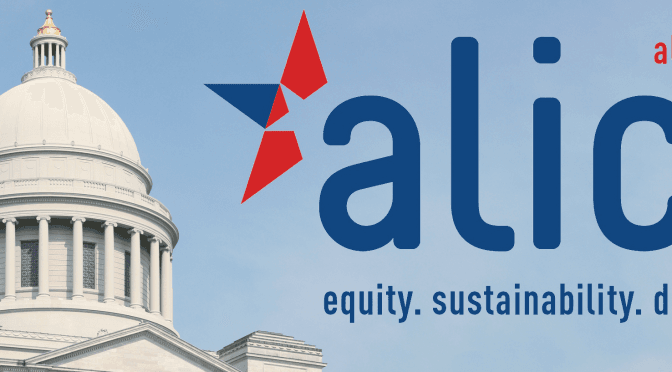Tag: Free markets
-

For Kansas’ Roberts, an election year conversion?
Is the conservative voting streak by Pat Roberts an election year conversion, or just a passing fad?
-

Uber, not for Wichita
A novel transportation service worked well for me on a recent trip to Washington, but Wichita doesn’t seem ready to embrace such innovation.
-

In Wichita, capitalism doesn’t work, until it works
Attitudes of Wichita government leaders towards capitalism reveal a lack of understanding. Is only a government-owned hotel able to make capital improvements?
-

WichitaLiberty.TV: Examining surveys about the future of Wichita
In this episode of WichitaLiberty.TV: What do Wichitans want for their city’s future? Surveys from the City of Wichita and Kansas Policy Institute are examined.
-
Defining liberty: The future of freedom
From The Independent Institute, an important video on current and future issues relating to freedom and liberty
-

Poll: Wichitans don’t want sales tax increase
A scientific poll commissioned by Kansas Policy Institute finds that Wichitans are opposed to business incentives, want to pursue privatization over tax increases, and have concerns about how city hall has recently spent money.
-

ALEC should stand up to liberal pressure groups
Liberals can’t stand American Legislative Exchange Council (ALEC) because it is a strong and influential advocate for free market and limited government principals in state legislatures, and as a result are smearing it with unfounded charges of racism.
-

Meet ALICE. Who knew?
Progressives criticize “bill mills,” but the movement has its own.
-

Kansas news media should report, not spin
Dave Trabert of Kansas Policy Institute explains that influence may be shifting from media, unions, the education establishment, cities, counties, and school boards to those with different views — those of limited government and economic freedom that empower citizens, not an expansive government and its beneficiaries.
-
Kauffman paper on local business incentive programs
The paper “Evaluating Firm-Specific Location Incentives: An Application to the Kansas PEAK Program,” from the Ewing Marion Kauffman Foundation introduces a proposed evaluation method and applies it to Promoting Employment Across Kansas (PEAK), one of that state’s primary incentive programs.
-

Competition in markets
Competition must surely be one of the most misunderstood concepts. As applied to economics, government, and markets, the benefits of competition are not understood and valued.
-

Kansas Policy Institute at work
A recap of what Kansas Policy institute has done the past few years leaves me to wonder how anyone who cares about Kansas schoolchildren could be opposed to the work KPI has done.